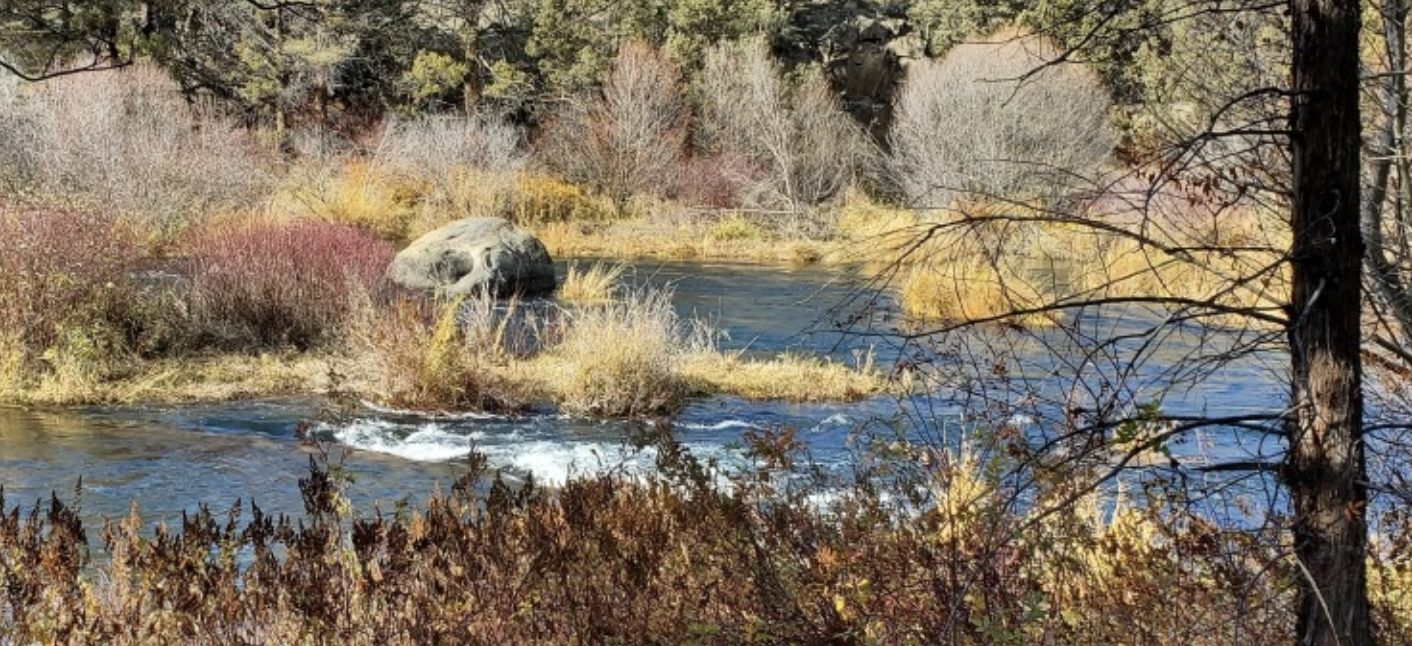
- Details
- By Native News Online Staff
In a continued pattern of disregarding the sovereignty of the Confederated Tribes of Warm Springs, the Deschutes County Board of Commissioners today denied a formal request from the Tribes to reschedule an upcoming hearing, submit additional evidence, and extend testimony time in a proceeding involving treaty-protected rights.
The hearing, concerning an application for the proposed Thornburgh Resort, is set for May 7—a date scheduled without consultation with the Tribes. The timing coincides with the seating of the Tribes’ 30th Tribal Council, significantly limiting their ability to adequately prepare for and participate in the proceedings. These concerns were detailed in an April 10 letter from Tribal Council Chairman Jonathan W. Smith, Sr., submitted in response to a hearing notice received just one day prior, on April 9. Despite the letter's relevance, the Board did not reference or acknowledge it during today’s meeting.
Tribal representatives say the Board’s decision runs counter to guidance from the Oregon Court of Appeals, which directed that the Tribes be given a meaningful opportunity to present evidence. They further stated that the vote undermines the relationship between Deschutes County and the Tribes.
More Stories Like This
Navajo Resources and Development Committee Issues Notice on Livestock Inspection RequirementsAmerican Prairie, Tribal Coalition Files Protest Over Rescinded Grazing Rights
Northern Cheyenne Push Back Against Trump Administration’s Effort to Alter Little Bighorn History
Florida Man Sentenced for Falsely Selling Imported Jewelry as Pueblo Indian–Made
Navajo Nation Declares State Of Emergency As Winter Storm Threatens Region
Help us defend tribal sovereignty.
At Native News Online, our mission is rooted in telling the stories that strengthen sovereignty and uplift Indigenous voices — not just at year’s end, but every single day.
Because of your generosity last year, we were able to keep our reporters on the ground in tribal communities, at national gatherings and in the halls of Congress — covering the issues that matter most to Indian Country: sovereignty, culture, education, health and economic opportunity.
That support sustained us through a tough year in 2025. Now, as we look to the year ahead, we need your help right now to ensure warrior journalism remains strong — reporting that defends tribal sovereignty, amplifies Native truth, and holds power accountable.
 The stakes couldn't be higher. Your support keeps Native voices heard, Native stories told and Native sovereignty defended.
The stakes couldn't be higher. Your support keeps Native voices heard, Native stories told and Native sovereignty defended.
Stand with Warrior Journalism today.
Levi Rickert (Potawatomi), Editor & Publisher


